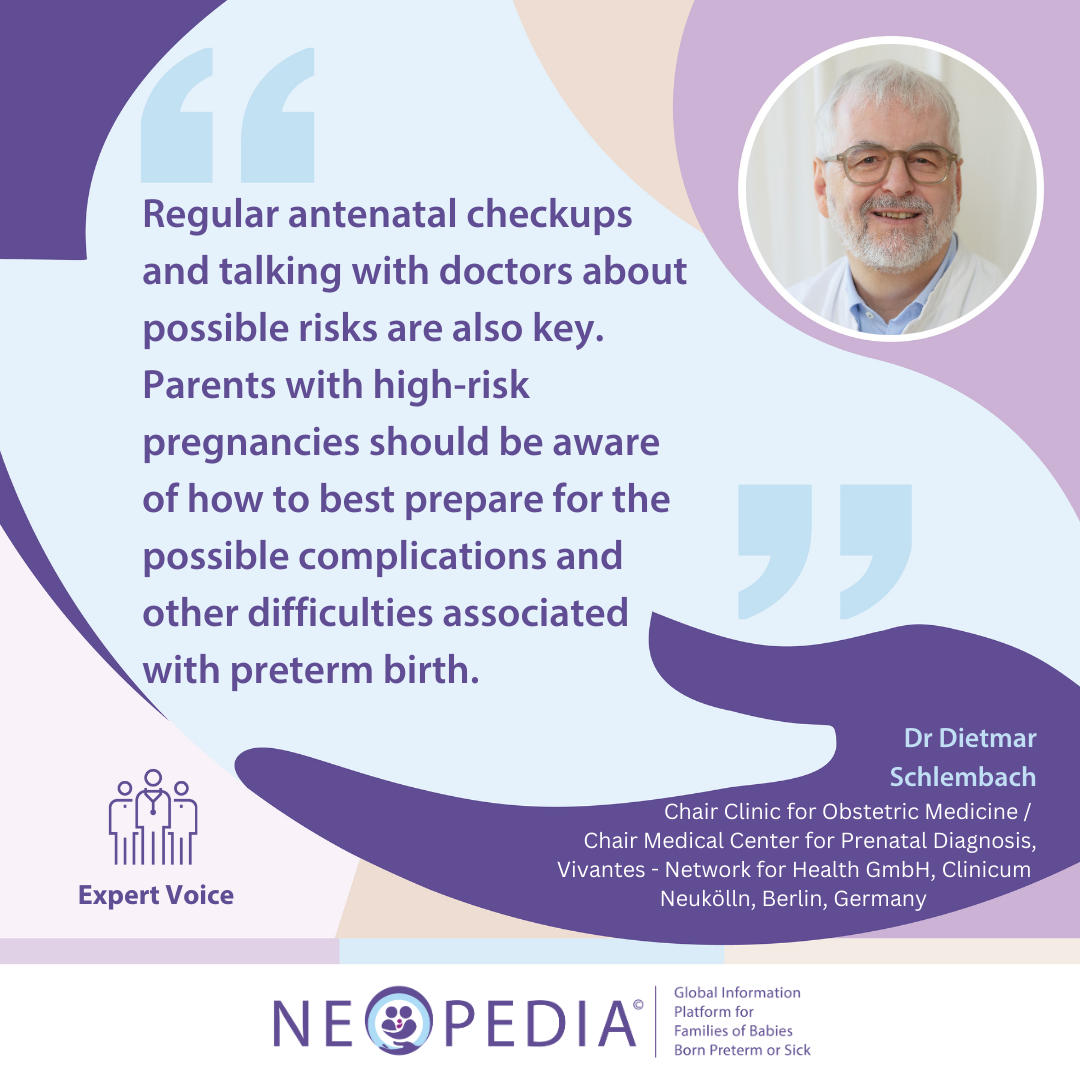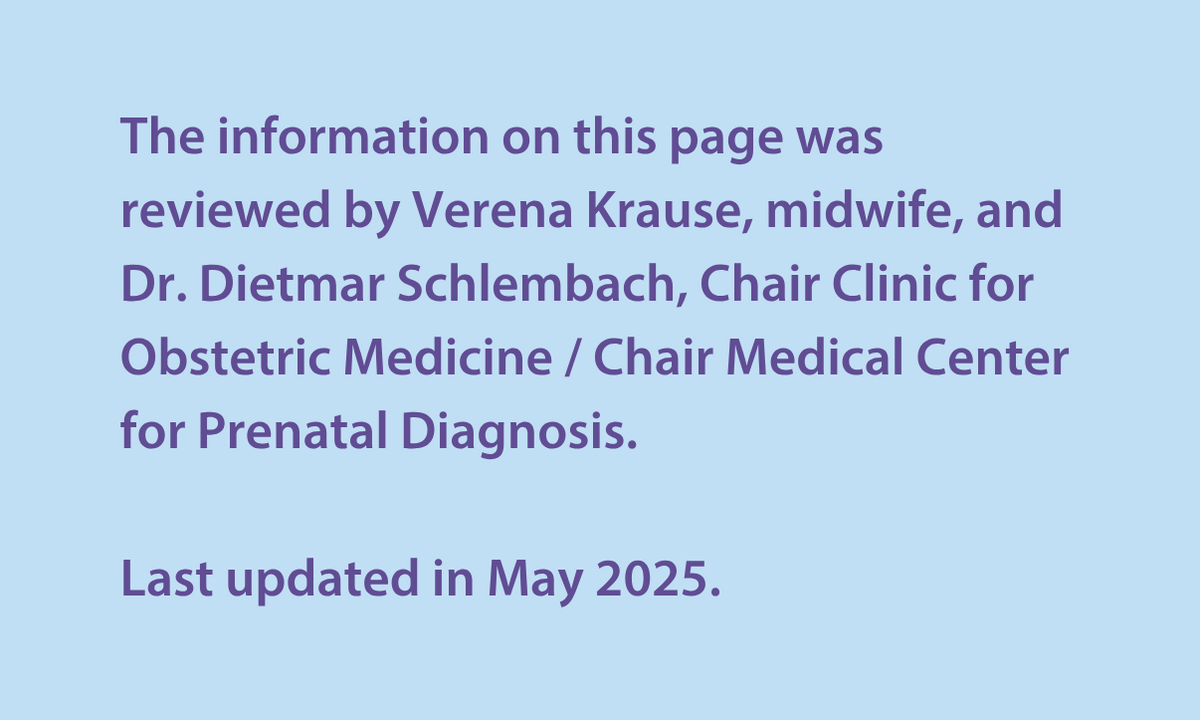A typical pregnancy lasts about 40 weeks, usually between 38 and 42 weeks. If a baby is born before 37 weeks, their birth is considered preterm. While people often say "premature," "preterm" is the correct term based on when the baby is born. "Premature" refers more to the baby's development, which doctors need to assess based on the baby's health.
Preterm birth is the result of delivery.
Preterm labor is contractions⍰ which in some cases may be stopped without resulting in preterm delivery or birth.


Each year, about 15 million babies worldwide, or 1 in 10, are born preterm. This can happen for different reasons, including medical, pregnancy-related, social, personal, economic, and behavioral factors. Most preterm births happen spontaneously, but sometimes labor has to be induced early, or a caesarean is performed for medical or other reasons.
There are also other categories based on how far along the pregnancy is, classified by the weeks of pregnancy (also called gestational age).
Preterm babies often need special care because they are small and not fully developed. Even with this care, there may still be serious health risks.
It is important for expecting parents, especially those at risk of preterm birth, to learn about the signs, recognize the symptoms early, and prevent pregnancy complications that could lead to preterm labor or preterm birth.
Find more, detailed information about how to prepare for a possible admission to the NICU on our website. For information and support near you, visit your local parent organization’s website.

